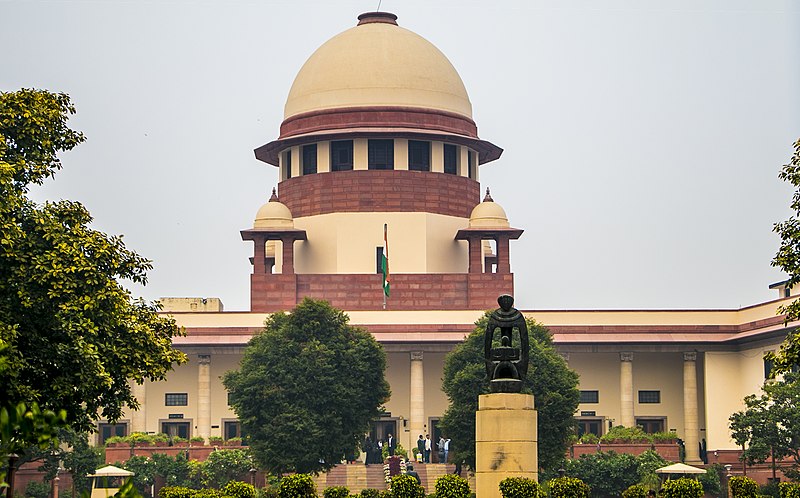On 23.07.2007, the respondent applied to the appellant for conversion of nature of use from Information Technology sector to Hospitality sector. As per the terms of allotment and the lease agreement, change in nature of use could be granted, subject to the payment of additional charges at the prevailing rate. On 24.09.2007, communication was issued by the appellant granting permission for the change in the nature of activity, subject to payment of Rs. 20 lacs per acre. The respondent thereafter paid an amount of Rs. 5 lacs as the allotted land was only one quarter of an acre. On 15.10.2007, the respondent also applied for approval of its plan for construction. (Para 8)
On 06.11.2008, an audit objection was raised stating that the prevailing rate of plot at the time of change of use was Rs. 3.2 Crores per acre, whereas permission of change of use was granted at a much lower rate. The appellant had, therefore, suffered a loss of Rs. 46.25 lacs. Further, as the rate of Rs. 3.2 Crores per acre was applicable for residential purposes, but this being used for commercial purpose, the rate would be higher by 40 per cent and, therefore, the loss would be additional Rs. 32 lacs. (Para 9)
On 31.10.2011, the respondent requested the appellant for execution of the sale deed. Thereafter he also gave a show cause notice on 05.06.2012 for execution of the sale deed. The appellant sent a reply in response to the notice on 25.07.2012, calling upon the respondent to pay Rs. 83.25 lacs for execution of the sale deed in view of the prevailing rate being Rs. 3.2 Crores per acre for residential purposes and for commercial use would be Rs.4.48 Crores being enhanced by 40%. (Para 10)
The learned Single Judge, vide judgment dated 03.09.2015, relying on the said audit objection and its response by the appellant, allowed the Writ Petition No.1605 of 2015. Appropriate directions were issued to appellant to execute the sale deed. Subsequent thereto the appellant filed an intra Court appeal and also filed a review. Further, after dismissal of review, appellant filed another intra Court appeal and also filed a review before the Division Bench. Finally, came the judgement of the Division Bench dated 28.07.2017. Same is impugned in this appeal. The fact remains that the Writ Petition filed by the respondent was allowed by the Single Judge and the intra court appeal filed by the appellant was dismissed by the Division Bench. This gave rise to the filing of the present appeal. (Para 13)
It is true that initially the appellant tried to justify the demand of change in activity of Rs.5 lakhs calculated at the rate being Rs.1 Crore per acre but later on it realized that the audit objection was correct and, therefore, the appellant was entitled to demand the revised final rate as determined by the 141st Board meeting. It would be relevant to reproduce the Resolution of Board of Directors passed in its 141st meeting (Para 20)
The respondent seems to be getting undue advantage merely because the clerical staff and the officer signing the demand notice for conversion charges applied the tentative rate of Rs. 1 Crore per acre instead of the prevailing rate of Rs.3.2 Crores per acre and in addition, additional 40 percent for use as commercial as the rate of Rs.3.2 Crores per acre being that for residential purposes. Neither the clerical staff nor an officer of the appellant would be competent to override or deviate from the decision of the Board of Directors taken in the 141st Board Meeting. The 141st Board Meeting has taken place prior to the respondent applying for change of use and issuing of the demand notice for conversion, there could be no justification for not adhering to the decision taken in the 141st Board Meeting. A bona fide mistake could always be corrected. (Para 22)
SUPREME COURT OF INDIA
2023 STPL(Web) 312 SC
[2023 INSC 871]
Karnataka State Electronics Development Corporation Ltd. Vs. Kumaon Entertainment And Hospitalities Pvt. Ltd.
Civil Appeal No. 8073 of 2022-Decided on 5-10-2023
https://stpllaw.in/wp-content/uploads/2023/10/2023-STPLWeb-312-SC.pdf







